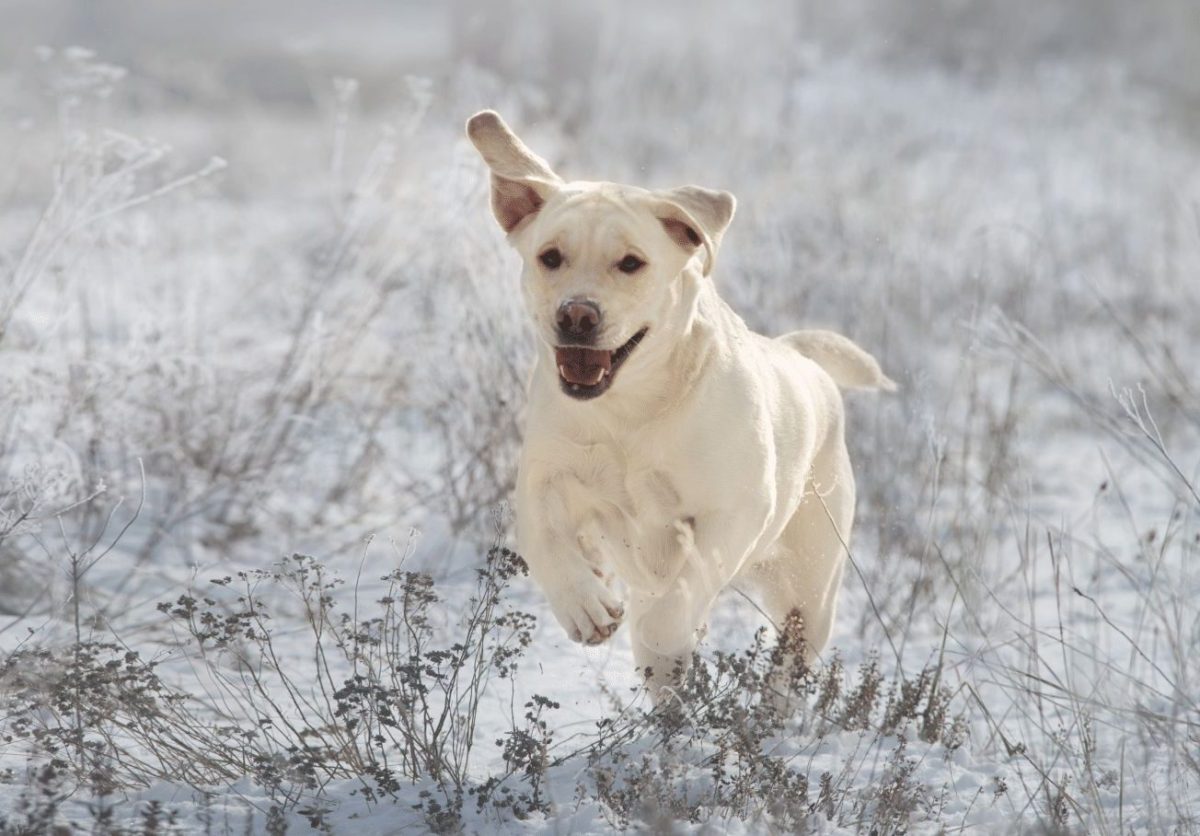The Versatility of Retrieving Gun Dogs

The Versatility of Retrieving Gun Dogs
Roughly twenty-five years ago, I made a sales pitch to my parents, asking them if I could purchase a Labrador. To my surprise, they gave me the green light with the condition that I: find a trusted breeder, pay for the dog, and take full responsibility for training the dog. A few months later, I was the proud owner of my first yellow Lab female, Heidi. Even though my family almost always had a dog, they were typically lap dogs that the family shared. At fourteen years old, I wanted a large dog I could call my own. I chose a Labrador because my uncle owned two and I absolutely loved their confirmation, demeanor and versatility. I loved the idea that my Lab could go on hunts and adventures with me, enjoy hanging out with me and my friends and also be cool sitting on the couch watching Husker football.
What is a Retriever
Labradors are one of six breeds in the Sporting Group that the American Kennel Club recognizes as retrievers. The other five breeds are the Chesapeake Bay Retriever, Curly-Coated Retriever, Flat Coated Retriever, Golden Retriever and Nova Scotia Duck Tolling Retriever.
Just because a dog isn’t classified as a retriever, doesn’t mean they won’t retrieve, it simply means they identified in one of the other two classifications; flushers and pointers. (We’ll discuss these two other dog classifications over the next two months). Retrievers were primarily to retrieve game birds or other prey and return them to the hunter/handler without damage.
Retrievers tend to have a: willingness to train, a desire to please and a craving to hunt. These combinations make them a favored companion for many families, hunters and trainers who work with disability assistant dogs, police dogs or therapy dogs.
Most retrievers are described with statements like: “They’d retrieve to the point of death if I let them” or “They hunt hard and then chill harder” or “There doesn’t seem to be much my dog won’t do.” Statements like these give us glimpses of why the Labrador has been the number one dog in America for twenty-plus years.
A Solid Gun Dog
In the sporting dog world, retrievers are known to upland hunt, shed hunt, and blood track, but what makes them stand out is their love for the water. So, if you’re in the market for a waterfowl dog, a retriever is likely a good fit for you. However, as we’ll discuss with the other two dog classifications, just because a retriever might be a good fit for you, doesn’t mean that all retriever breeds will be a good fit for your family. This could include lifestyle, training philosophy, social life and hunting interests.
As you research what retriever breed would be the best for you: consider asking breeders to share about the frustrations and quirks of the breed, talk to trainers who’ve handled the breed and ask people who no longer hunt over the breed why they switched. Breeders will gush about the things they love about their dogs and the breed, but they might overlook highlighting the annoyances because they are “normal” for them. Likewise, people who currently own the breed will likely highlight how much they love their dog before they pause to share about the things that drive them crazy about their same four-legged friend.
Gun Dog Physicality
Generally speaking, all of the dogs classified as retrievers lean consistently higher in their evaluations, but again, there still are differences between one breed to the other. Retrievers tend to be affectionate, good with children and play well with other dogs. They shed and need to be groomed with a good brush on a regular basis. Usually, they range anywhere from 35-80 pounds and have a life expectancy of 10-14 years. They tend to be highly adaptable and moderately protective. They love to play and typically don’t know any strangers. Their combination of intelligence, drive and desire to please makes them highly trainable.
As I sit at my kitchen table, writing this article, my five-month-old yellow lab female, Ruby is sitting on place, patiently waiting for me to play fetch with her, while my two daughters excitedly prepare to watch a movie and their lap dog freely roams the house. She has every reason to be impatient with me, while everyone else is “doing whatever they want”, especially since I took her on a road trip to Lincoln, Nebraska and back today, but she’s not. For reasons like this and all of the awesome outdoor/hunting adventures I get to share with my Labs, this now forty-year-old has the same love for the Lab as he did when he was fourteen. To be honest, I don’t think my feelings are ever going to change.
by Kyle Dana
February 2024
Here is another Gun Dog Corner Article to Read. Check it Out!
Here is this month’s digital version of the Iowa Sportsman
Or if you were looking for our Cattle/Dairy side of things


